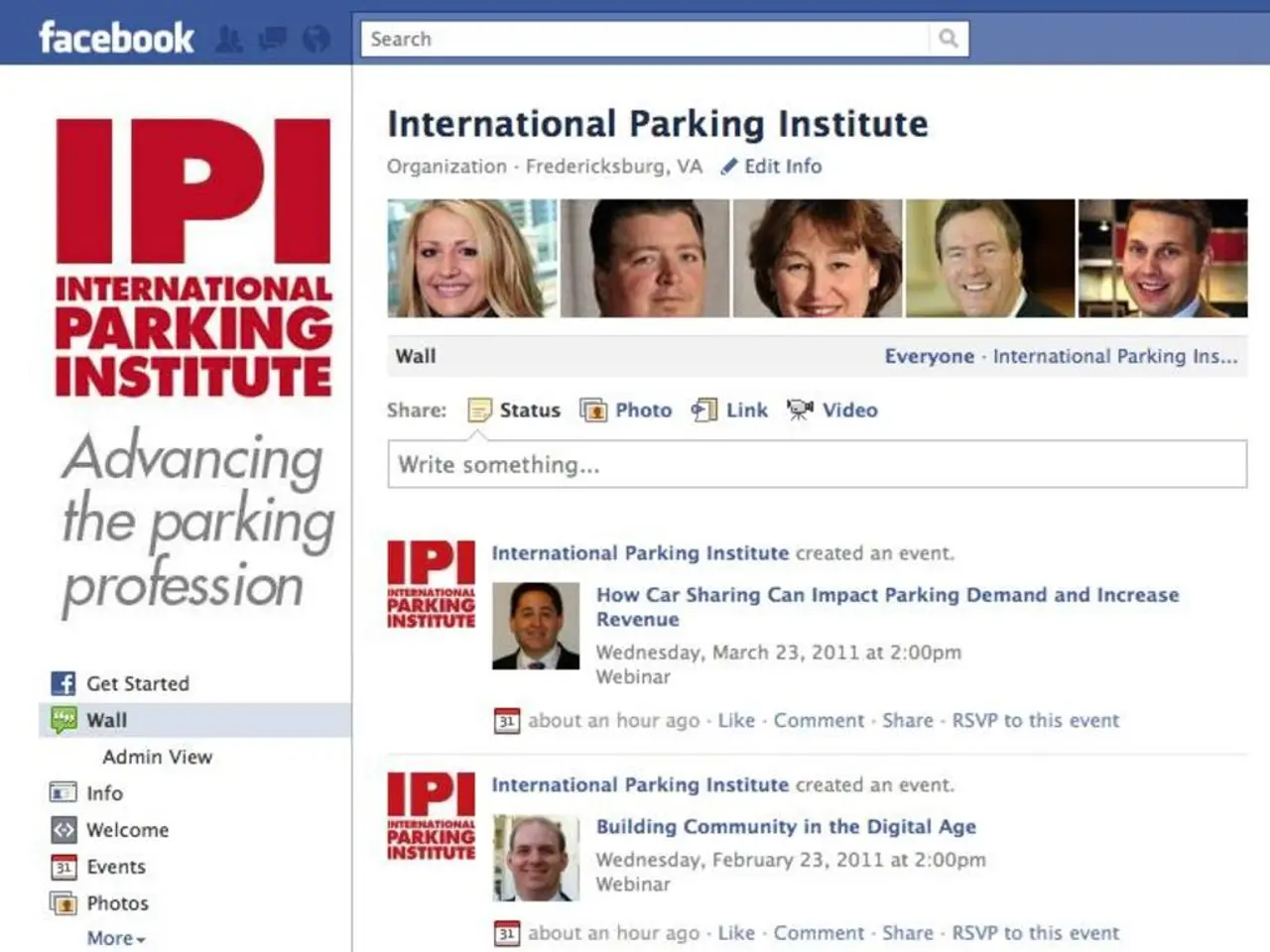U.S.'s Trump administration's proposal to increase costs for H-1B visas, used to bring tech workers from India, prompts worry from Indian officials
In a move that could significantly impact the U.S. tech industry, President Donald Trump has signed a proclamation to increase the H1B visa fee to $100,000. This decision, which has been met with mixed reactions, aims to address concerns about the abuse of the H1B visa program and its impact on American workers.
The H1B visa, designed for high-skilled jobs that tech companies find hard to fill, has historically been doled out through a lottery system. Notable beneficiaries of the program include tech giants like Google, Meta, Microsoft, Amazon, and large outsourcing firms such as Infosys, Tata Consultancy Services, and Cognizant.
The increase in the H1B visa fee, which was previously $215, has been applauded by some, including Ron Hira, a professor at Howard University, who sees it as a recognition that the program is abused. However, the move has also been criticized as 'ludicrously lawless' by others.
Major consulting companies, such as Wipro, Infosys, HCL Technologies, Tata in India, and IBM and Cognizant in the U.S., hire foreign workers, often from India, and contract them out to U.S. employers. The dramatic increase in the H1B visa fee per application could potentially impact these companies significantly. While these companies have not publicly opposed the fee, it is uncertain if they will fully comply without contesting the cost.
The U.S. President has also announced the introduction of the 'Trump Platinum Card,' available for $5 million, which allows foreigners to spend up to 270 days in the U.S. without being subject to U.S. taxes on non-U.S. income. In addition, Trump has announced a $1 million 'gold card' visa for wealthy individuals, and a $2 million 'gold card' for companies to sponsor employees. These visas offer a path to U.S. citizenship.
The AFL-CIO, a prominent labor organization, has advocated for visas to be awarded to companies that pay the highest wages instead of by random lottery. The U.S. Labor Department is called upon to revise the prevailing wage levels under the visa program.
California has the highest number of H1B visa workers, followed closely by Texas and New York. Interestingly, more than 70% of H1B visa holders are from India. The Indian government has expressed concern about the impact of the fee increase on Indian tech workers and their families.
U.S. Tech Workers, an advocacy group, has applauded the move as 'the next best thing' to abolishing the H1B visas. Critics argue that H1B spots often go to entry-level jobs rather than senior positions with unique skill requirements. In 2024, lottery bids for the visas plunged nearly 40% due to success against people who were 'gaming the system.'
Amazon was the top recipient of H1B visas this year, with over 10,000 awarded. Companies can pay less by classifying jobs at the lowest skill levels, even if the specific workers hired have more experience. This practice has been a point of contention, with critics arguing that it undermines the spirit of the H1B visa program.
As the dust settles on this significant decision, it remains to be seen how the tech industry will adapt and how the increased H1B visa fee will impact the inflow of foreign talent into the U.S. One thing is certain: the landscape of U.S. tech immigration is set for a major shift.
Read also:
- United States tariffs pose a threat to India, necessitating the recruitment of adept negotiators or strategists, similar to those who had influenced Trump's decisions.
- Weekly happenings in the German Federal Parliament (Bundestag)
- Southwest region's most popular posts, accompanied by an inquiry:
- Discussion between Putin and Trump in Alaska could potentially overshadow Ukraine's concerns








